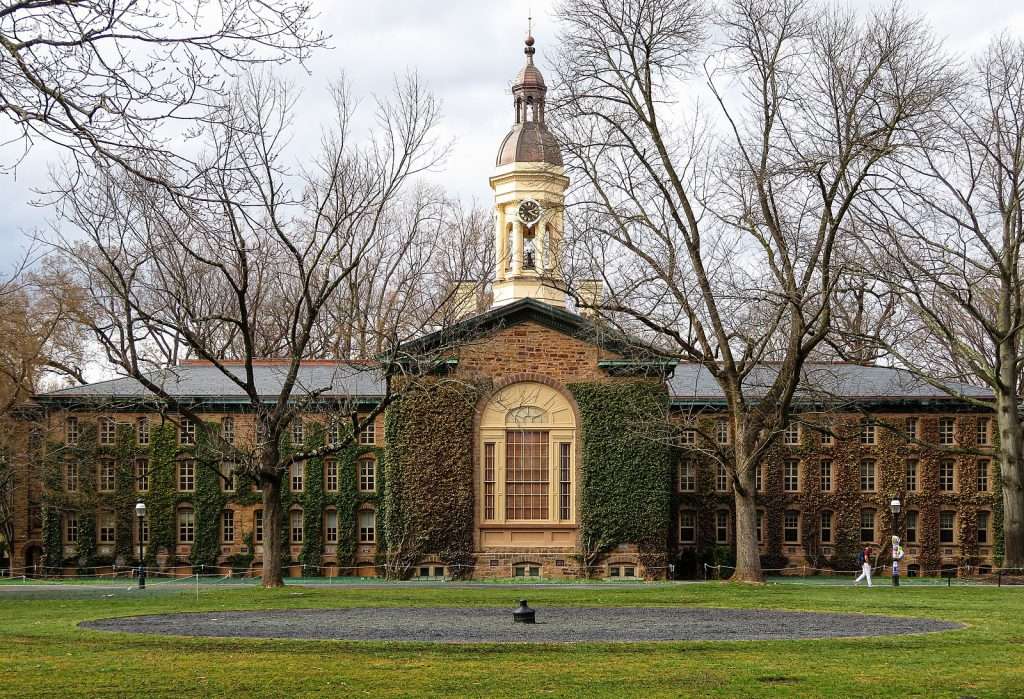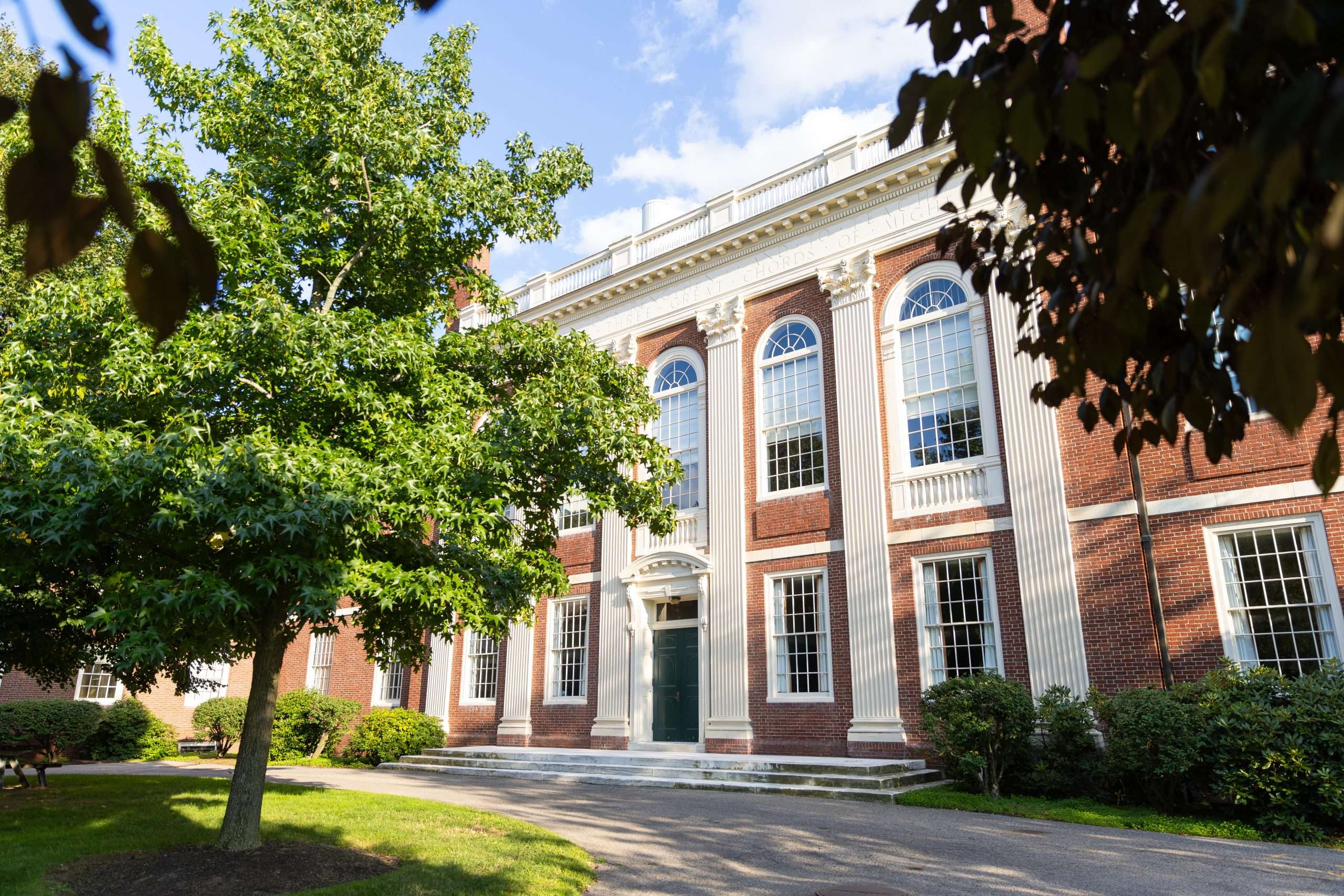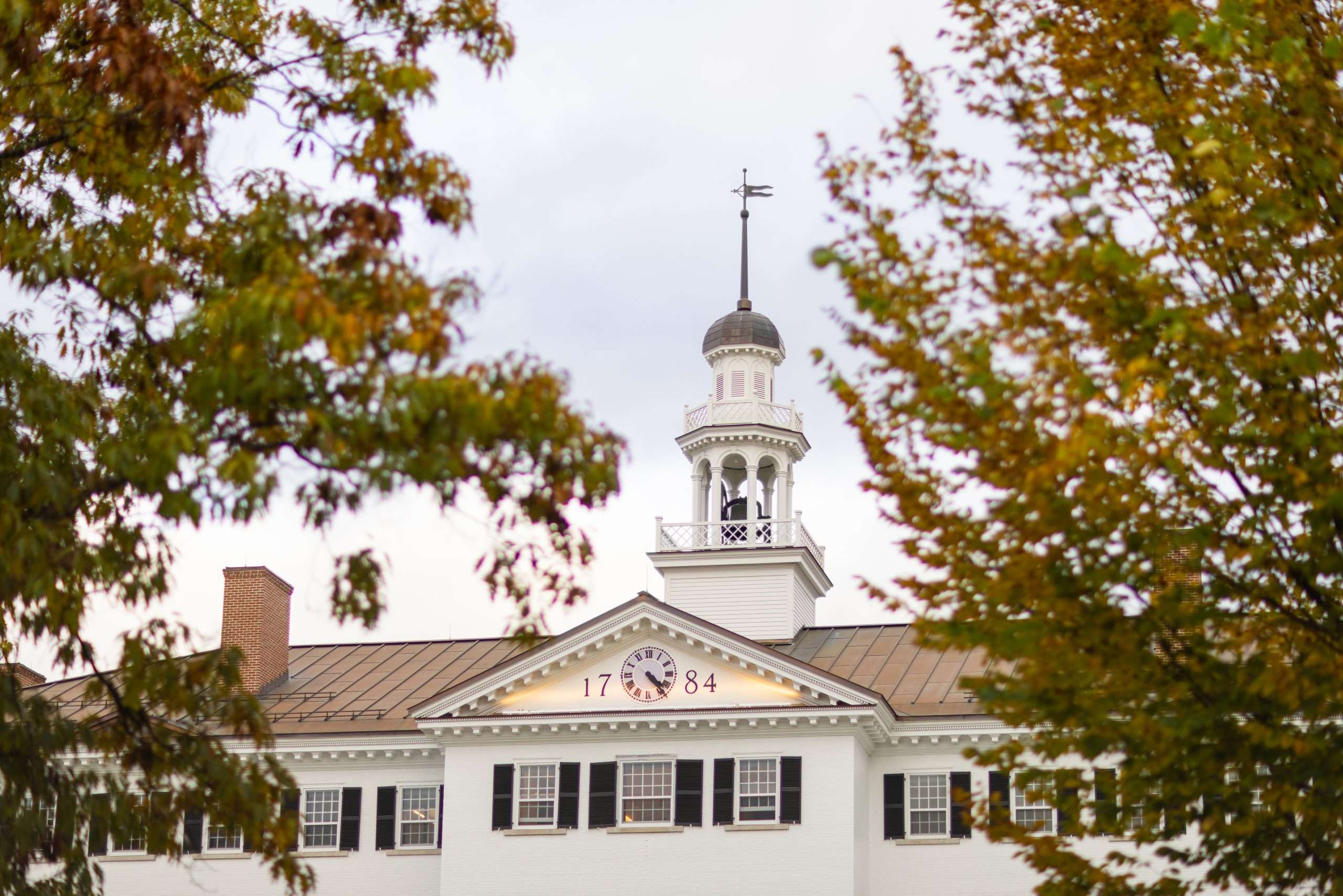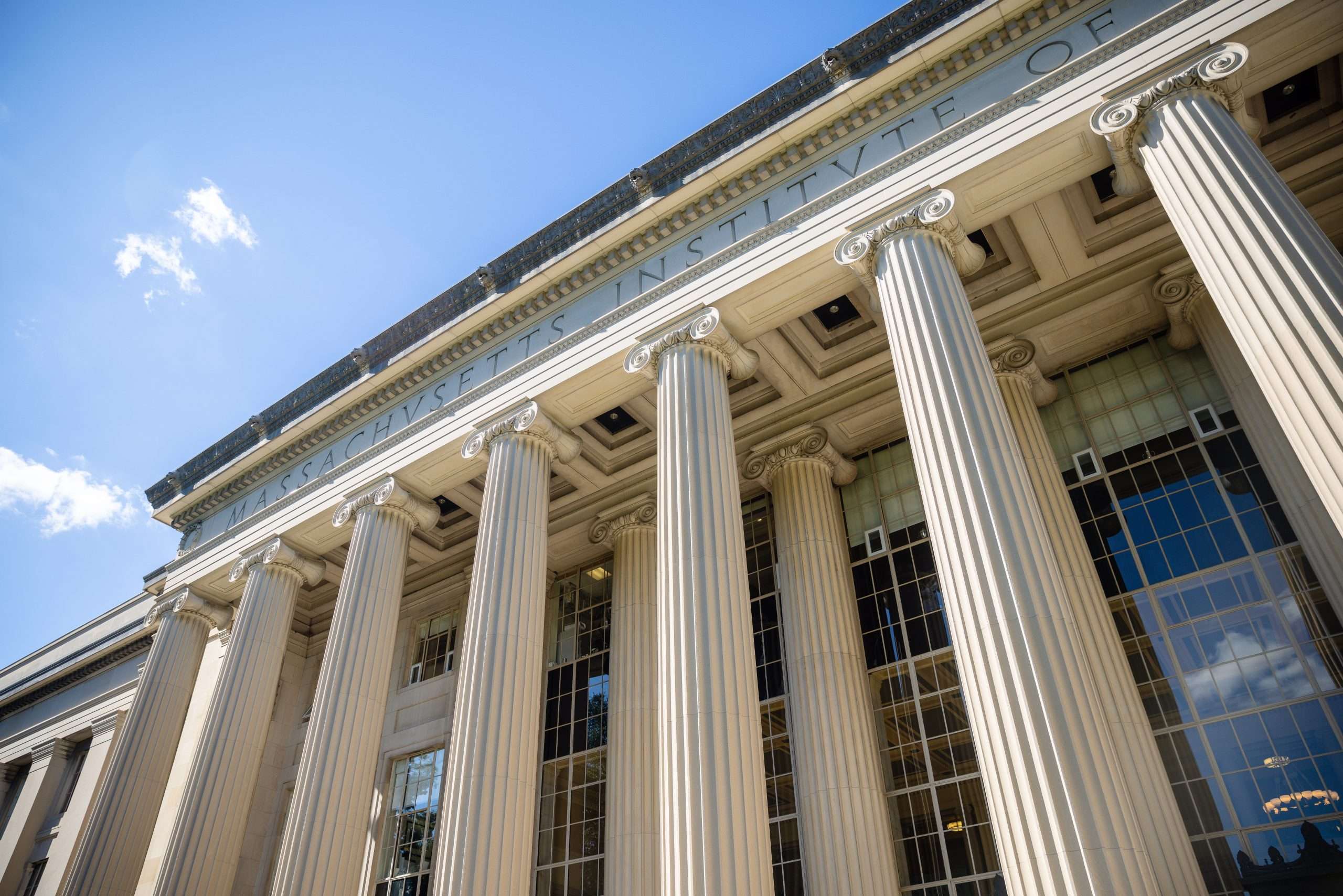The Ivy Coach Daily
Does Princeton Require Alumni Interviews?

We at Ivy Coach have always pointed out the fickleness of the college interview. Not only is it one of the lesser aspects of the college admissions process, but it is usually just a way for colleges to make alums feel like their voices matter to the administration, thus shoring up donations. Back in the day, admissions officers used to conduct interviews with applicants, but nowadays, vast pools of untrained alums have taken on this responsibility. Princeton University is no exception, but they offer an interesting case study of how the college interview continues to change in response to broader changes in the higher education landscape.
In April 2024, The Princeton Alumni Weekly published a blog entitled “The Alumni Interview Endures,” which tracks how these changes have impacted this time-honored component of the college admissions process. Here are some changes that stood out to us.
How Does Princeton Interview Applicants in 2024?
In the following passage, a significant change emerges: video chat is the primary way Princeton conducts its interviews. This shouldn’t come as much as a surprise. After all, the pandemic changed quite a bit about the college admissions process, not least of which was that it gave universities the push they needed to make everything digital:
“As the number of applications has surged past 39,000 a year, the most in Princeton history, tens of thousands of these conversations are taking place — mostly via video chats, but also in coffee shops, libraries, offices, and parks — across the country and around the world. For students, the alumni interview is a near-universal rite of entry to Princeton, the first point of contact in a lifelong relationship with the University. For the vast majority of applicants who don’t end up at Princeton, it may feel like the conversation that didn’t go anywhere.”
However, we also begin to understand how Princeton itself conceives of the alumni interview: “a near-universal rite of entry to Princeton, the first point of contact in a lifelong relationship with the University.” So even though the alumni interview is not as helpful as GPA or test scores when evaluating applicants, it serves a symbolic purpose, introducing future students to their alma mater in a formalized, if intimidating, setting:
“Still, with the odds of gaining admission to Princeton getting slimmer, interviewers sometimes joke about going years without seeing anyone they interviewed be admitted. But Richardson [Princeton’s Dean of Admission] says the interviews perform an ambassadorial function for the University even if they don’t lead to an admitted student. They show that Princeton is the kind of place that cares about meeting applicants as individuals. “Our hope is that every student — whether they are admitted or not, and whether they’re admitted and decide not to come to Princeton,” Richardson says, “that they can walk away saying, ’Wow, that was a really nice conversation that I had with this person, and I learned about this place.’”
The SCOTUS Ruling on Affirmative Action Shifted How Princeton Conducts Its Interviews
The 2023 SCOTUS ruling outlawing race-based admission criteria has impacted everything from how college essays should be written to how alumni interviews should be conducted:
“The University has also taken steps to prepare interviewers to operate in accordance with the Supreme Court decision on race and ethnicity in admission. In addition to two webinars that interviewers were invited to attend in recent months, the Office of the General Counsel prepared a FAQ sheet on the court ruling that interviewers must acknowledge having read. The document reminds volunteers not to ask questions’ relating to race, color, national origin, ethnicity, or ancestry’ and not to mention those characteristics in their interview reports. If an applicant brings up those demographics, alums should shift the discussion to how such characteristics may have shaped the student’s experiences, determination, courage, leadership skills, and accomplishments — all of which are perfectly fine to discuss with the applicant.’”
In other words, the burden of discussing race has shifted entirely onto the student via college essays, which has become the critical forum for relating experiences of adversity and identity due to the Roberts Loophole (a legal workaround that allows essays to focus on race).
How Ivy Coach Can Help You Navigate These Changes and Excel in Your Interview
Amidst all these changes, Ivy Coach understands that preparing for your alumni interview with Princeton is more complex than ever. Let us take on this burden so you can focus on the other — more important — aspects of your application, like GPA and test scores. Our team of former elite college admissions officers has only one goal: to get you into Princeton. We’ve achieved this for 71% of our package clients over the last five years because we know what Princeton is looking for—a wonderfully weird, singular admissions hook!
If you’d like to optimize your child’s odds of admission to Princeton, fill out our complimentary consultation form, and we’ll be in touch.
You are permitted to use www.ivycoach.com (including the content of the Blog) for your personal, non-commercial use only. You must not copy, download, print, or otherwise distribute the content on our site without the prior written consent of Ivy Coach, Inc.
TOWARD THE CONQUEST OF ADMISSION
If you’re interested in Ivy Coach’s college counseling, fill out our complimentary consultation form and we’ll be in touch.
Get Started




